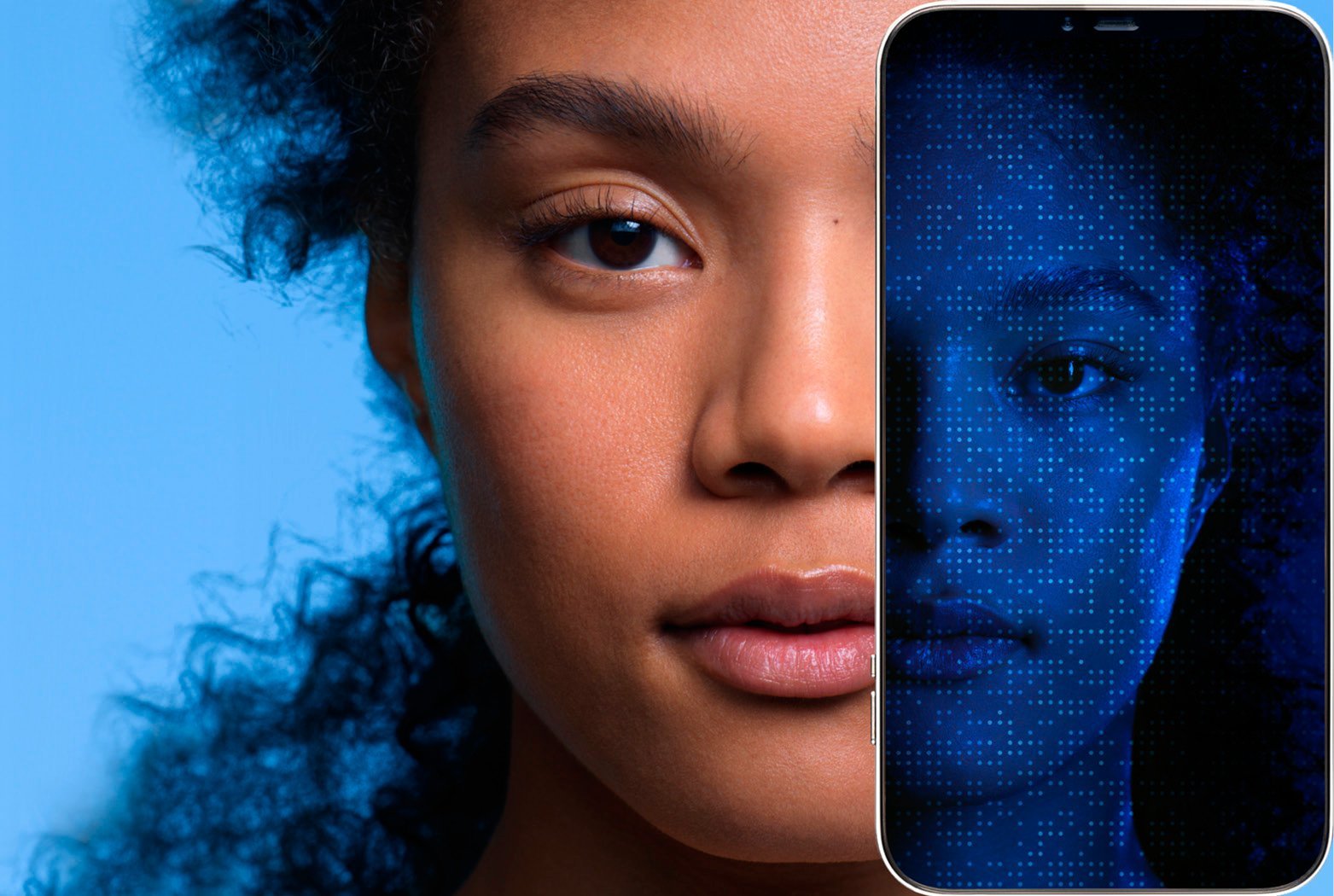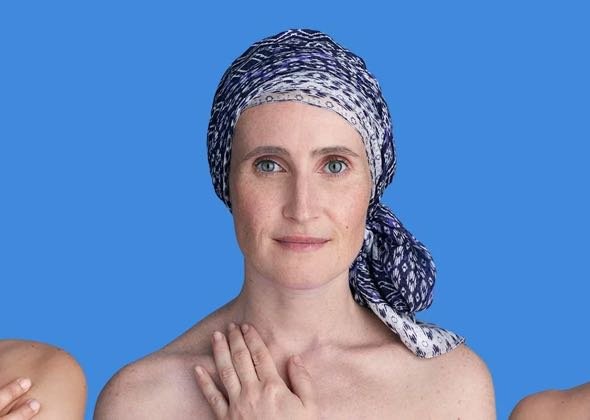HORMONES PLAY A KEY ROLE
IN TRIGGERING ACNE
The oil on the surface of your skin is known as sebum. Sebum production is controlled by hormones called androgens, such as testosterone (yes, girls have it too!) and its relatives. When these hormones are in a higher ratio to other hormones in your body, such as oestrogen and progesterone, your skin produces more sebum.
Pores become clogged with excess sebum and dead cells, offering the perfect environment for a type of bacteria that lives on our skin - P. acnes - to multiply. This triggers an immune response in the skin, resulting in inflammation and those all-too-familiar red spots.
Click HERE to learn all about oily skin and acne.
Hormonal disruption occurs at several stages of life:
Acne during adolescence
Acne is most common in teenagers. During puberty, testosterone levels go up in both boys and girls. In boys, this initiates the development of male characteristics such as body hair, facial hair and muscle and bone mass. Girls have much lower levels of testosterone, which stimulates the growth of pubic and underarm hair. It also increases muscle and bone mass in girls. But testosterone also stimulates the production of sebum in the hair follicles.
You are more prone to acne before your period
For many women, outbreaks of acne before and during menstruation are commonplace. One study notes: "Monthly hormone fluctuations across the menstrual cycle likely play a key role in acne flares. Up to 85 percent of adult women report a worsening of their acne in the days before menstruation."1
So if your skin is more prone to acne before your period, you are certainly not alone: 85% of adult women get spots before their period starts.
Why does skin breakout before your period starts?
In the week before your period your skin produces more sebum. This is because the balance of your hormones changes throughout your menstrual cycle.
- During the first half of your menstrual cycle oestrogen is the predominant hormone.
- In mid-cycle oestrogen levels fall, and progesterone begins to dominate.
- Testosterone levels remain fairly constant throughout your cycle, so as your oestrogen drops, testosterone becomes relatively higher. Remember that it is testosterone that controls sebum production.
- Increasing levels of progesterone can make your skin swell slightly, and hence your pores close up. This tightening effect, combined with extra sebum produced by relatively higher testosterone levels, can cause dead skin cells to become trapped inside your hair follicles.
- Finally, in the week before your period, your progesterone levels also fall back, allowing your pores to open and bacteria to get in, creating a perfect environment for period pimples.
Pregnancy can trigger breakouts
Pregnancy is another time of crazy hormonal fluctuation. In your first trimester, acne can become more severe. However, your skin often improves as your pregnancy progresses. This may be related to the changing relative levels of oestrogen and progesterone during pregnancy.
Menopause is another time of risk for acne
At the time of peri-menopause and menopause, oestrogen levels in your body begin to fall. Researchers observe that women who suffer from acne around menopause often have normal levels of androgens, but decreasing oestrogen levels. These changes in the ratios of different hormones can stimulate sebum production, triggering breakouts.
1Emerging Issues in Adult Female Acne (Zeichner et al., 2017)
TREATMENTS FOR
HORMONAL ACNE
The oral contraceptive pill is an effective way to control breakouts
Ultimately, most acne is triggered by hormones. Whilst there are things you can do to minimise unnecessary hormonal imbalances – such as eating a healthy diet, or stress-reduction techniques – you cannot avoid the key life stages of puberty, periods, pregnancy and menopause.
A daily habit of cleansing and taking care of acne-prone skin with effective products, in conjunction with using appropriate make-up products [link to ART-SENS023 Make-up for sensitive skin] will certainly play a big role in keeping acne at bay. There are also many topical skincare products that can be really helpful.
But if your acne is persistent, particularly just before your period, it may be time to look at re-balancing your hormones with medication.
Medication that counteracts the effect of androgens on the skin is known as anti-androgen therapy. One hormonal therapy that really works to control acne is none other than “the pill.” Combined oral contraceptives contain oestrogen and progesterone, and block androgens in your body. In addition to its contraceptive functions, the pill also works to lessen the production of sebum thereby reducing blocked pores and acne.
Not every woman can, or indeed wants to, take the pill. There are risk factors and the pill may be unsuitable for you if you have a history of blood clots, high blood pressure, if you are significantly overweight, or a smoker. Thankfully, there are plenty of other treatments, and your GP can give you good advice about possibilities. But if the pill works for you, then it is an option to consider to not only help you with birth control, but with breakout control too.




